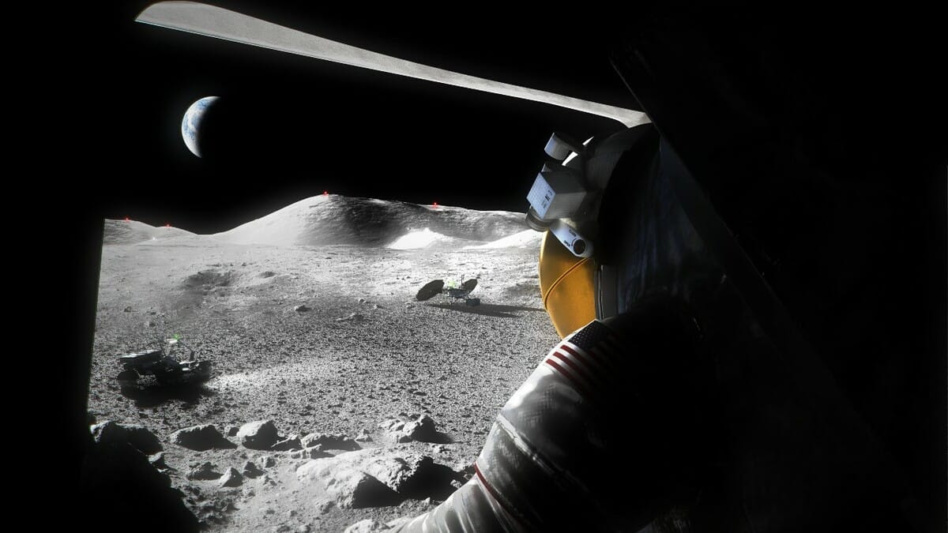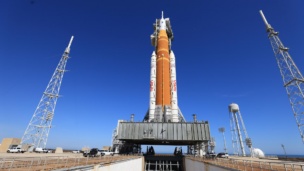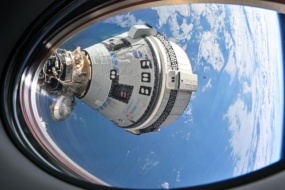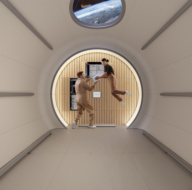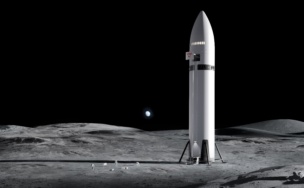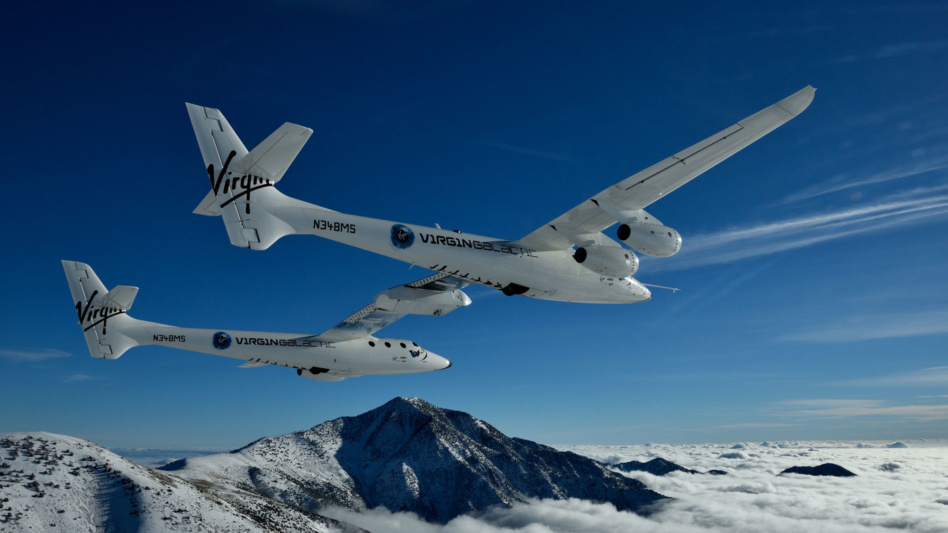What time is it on the Moon?
The answer, it turns out, is a little complicated. As several countries across the globe collectively spanning just about every time zone prepare for the impending cislunar economy and get ready to send humans to the lunar surface, it may be time to put some standard processes—like an agreed-upon timekeeping system—in place.
This week, ESA released a statement proposing the creation of a lunar time zone.
“We agreed on the importance and urgency of defining a common lunar reference time, which is internationally accepted and towards which all lunar systems and users may refer to,” noted ESA navigation system engineer Pietro Giordano in the statement. “A joint international effort is now being launched towards achieving this.”
It’s not just about the time
At a meeting in the Netherlands last year, ESA member nations discussed the need for shared communications and navigation services like the ones used on Earth. Ultimately, ESA plans to participate in LunaNet, a NASA-led initiative to establish these processes on the Moon.
Not so simple: Establishing a lunar time zone comes fraught with technical issues.
- A day on the Moon lasts 29.5 Earth days.
- Clocks actually run faster on the Moon, gaining about 56 microseconds per day.
- There’s also a subtle difference between how objects in lunar orbit keep time vs. objects on the lunar surface.
The world will also have to settle the question of who gets to set the schedule on the Moon. The ISS runs on UTC, which lands somewhere between the preferred time zones of each of the participating agencies. ESA says an international team is looking into the best way to set the clocks.
